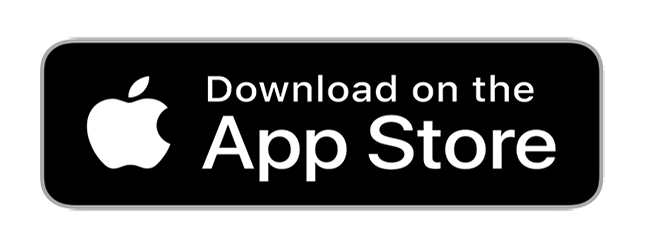Recent Episodes
Podcast Summary: This episode provides three practical strategies for school administrators to gain momentum for project-based learning (PBL) in their schools. The three strategies are:
- Get started today. This means taking steps like visiting schools with successful PBL programs, engaging in book studies about PBL, or listening to podcasts on PBL for administrators. When visiting other schools, administrators should bring along key stakeholders like assistant principals, teachers, community partners, parents, and school board members.
- Create a grassroots movement. Instead of a top-down mandate, a grassroots movement encourages teachers to embrace PBL and advocate for it. A PBL Learning Team or Leadership Team can be created to visit PBL schools, receive training, and implement PBL in their own classrooms. By showcasing successful PBL implementation within their own school, these teams can inspire other teachers to adopt PBL. Design Days can be utilized to visit model schools, build three-year plans, and receive coaching for successful implementation.
- Provide robust training. Teachers need at least three days of intensive training with follow-up coaching to effectively implement PBL. Training should emphasize authentic PBL, where students solve real-world problems and develop essential employability skills. Authentic PBL engages students and teachers more deeply and leads to more meaningful learning experiences.
Key Takeaways:
- Don't delay in taking action to bring PBL to your school.
- Foster a grassroots movement among your staff to create buy-in and enthusiasm for PBL.
- Invest in robust and authentic PBL training for your teachers to ensure successful implementation.
Call to Action:
- Start taking steps to implement PBL in your school today, even if it's just small steps.
- Consider attending a PBL training or workshop.
- Visit schools that have successful PBL programs.
Resources Mentioned:
- Website: whatispbl.com
- Podcasts: Binge PBL for teachers, Binge PBL for administrators, PBL Simplified for Teachers
- Downloads: PBL versus a project
- YouTube: PBL vs Project
Next Episode:
Guest episode featuring Ashley Green, who will discuss using PBL as a turnaround vehicle for schools and classrooms.
Transform your faculty meetings into the highlight of the semester! Imagine your teachers leaving every session not only informed but inspired and ready to implement Project Based Learning in their classrooms. This episode will equip you with the tools to revolutionize your meetings by shifting away from mundane announcements and passive professional development. Say goodbye to the old "sit and get" approach and usher in vibrant, interactive gatherings that truly reflect the teaching excellence you want in your classrooms. You'll learn how to energize your team—even during the February slump—with practical insights and a simple playbook to ensure your meetings are as effective as they are engaging. Join us as we discuss the power of giving voice and choice to educators, creating a collaborative and positive meeting culture that mirrors what we aim to cultivate in our classrooms. Explore our strategies for gathering valuable teacher input and fostering genuine collaboration through structured protocols like Chalk Talk and connections activities. We'll also introduce engaging protocols like the "Zones of Comfort, Risk, and Danger" to motivate your staff and inspire them to adopt similar practices with their students. Plus, don't miss our exciting new podcast offerings: PBL Movement for Leaders, PBL Movement for Teachers, and the binge-style series Binge PBL for Leaders and Teachers, packed with the knowledge you need for successful Project Based Learning.
JOIN THE ONLINE PBL COMMUNITY
https://magnifypbl.mykajabi.com/pmoc
SIGN UP FOR THE MAGNIFY LEARNING NEWSLETTER
https://www.magnifylearningin.org/newsletter-sign-up
SHARE A PBL WIN!
ORDER THE BOOK PBL SIMPLIFIED (affiliate link)
SCHEDULE A PBL TRAINING WITH MAGNIFY LEARNING https://resources.magnifylearningin.org/onsite-workshops
CHECK OUT RESOURCES MENTIONED ON THE PODCAST
FOLLOW US ON SOCIAL MEDIA
BOOK A MAGNIFY LEARNING DESIGN DAYS WORKSHOP
https://www.magnifylearningin.org/design-days-sign-up
Some of the links above are affiliate links which means we get a small commission on anything you purchase using that link (at no more cost to you). As Amazon Associates, we earn from qualifying purchases.




